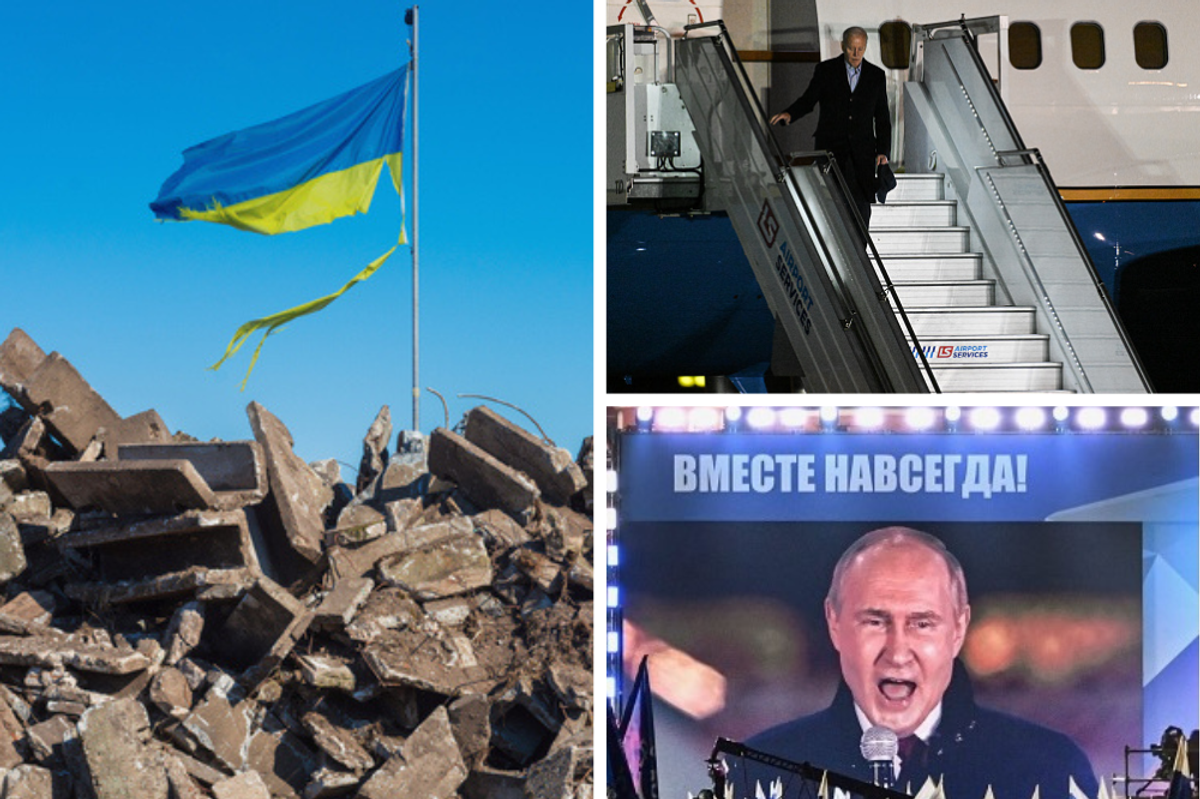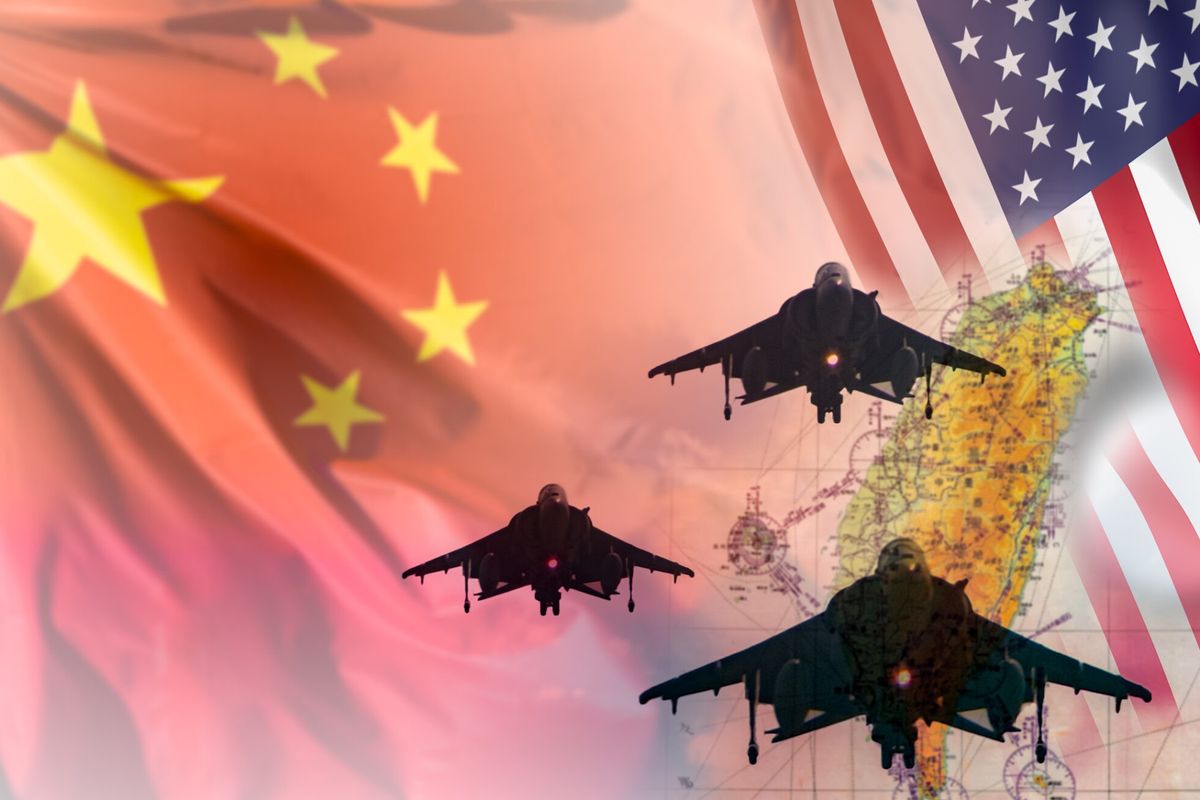Marking the birthday of American independence away from home is always a unique experience. I have celebrated the fourth of July in war zones and Western Europe, and this year I find myself watching fireworks and explaining “barbequing” to my hosts in Sarajevo. Examining the trajectory of democracy has particular relevance in Bosnia and Herzegovina, ravaged by a brutal war that is still at the forefront of every discussion here. We must head into the NATO Summit this week aware of the risks of disunity and separatism and the benefits of building a strong, integrated alliance. Bosnia’s history and current state of affairs underscore these points.
Before arriving in Sarajevo, my knowledge of Bosnia and Herzegovinia was limited to college courses on the 1992 – 1995 conflict and unsettling and dimming memories of TV broadcasts of concentration camps and the Srebrenica massacre. Post Dayton Peace Accords, the Balkans had not held a primary position in my education or my professional pursuits. Arriving in Sarajevo as part of an Atlantic Council delegation, I had no idea what to expect, visually or substantively.
Being honest about the history of my own country, for a moment, it is important to state up front that democracy is a slow moving experiment, even under the best of circumstances. We see this in the United States every day – a well functioning judiciary (sometimes well functioning), a legislative branch, and separate executive authority take time to define, build, and grow. Forging a national, cohesive identity is similarly often a stop-and-go process; we only have to look at the current presidential campaign to see how quickly old divisions can resurface for political advantage. With that in mind, I approach the Bosnian case with humility and deep respect for a resilient people.
After three days in Sarajevo, several key themes pervaded almost every interaction I had with members of civil society, journalists, politicians, and artists. First, Bosnia today is still defined by the war. Its constitution is the constitution that was signed in 1995; originally intended as a transitional document, the constitution created a rotating presidency (Bosniak, Serb, Croat) and a highly decentralized federalist system that has propagated separate ethnic identities and divisions. The nation itself is divided between the Federation and the Republic of Srpska. The constitution (in fact an article of the Dayton Peace Accords) is not a basis for defining and strengthening a national identity. There is widespread agreement on these points, but there are not strong voices proposing procedural change. As a senior military commander in Bosnia noted, there is no appetite for Dayton 2.0.
Second, intrinsically linked to languishing political and social reform are the rampant economic maladies that define Bosnian society. These are not uniquely Bosnian problems but rather typical of developing and post-conflict zones. A bloated public bureaucracy, widespread youth unemployment, brain drain, corrupt state-owned companies, and uncompetitive private enterprises plague the Bosnian economy. Bosnians all agree on the problems, including the “two schools under one roof” education system that physically hinders integration (Bosniaks and Serbs attend segregated schools often housed in the same building). But even elected officials do not voice specific steps that can be taken to change the status quo. It may be fear of unsettling the apple cart in light of Bosnia’s history, but without small chips at the monolith of problems, progress will remain unachievable.
Third, there are no real incentives for strategic change. Absent such incentives, amid a segregated society, cohesion and unity are unlikely. Instead, separate cantons, ethnicities, religions (you get the idea) will seek the best position possible within a 20-year old fragile architecture. Politicians continue to get votes despite few gains for their electorates. Regular Bosnians have no trust in the political system, so they are not motivated to demand change. Many Bosnians today were not alive during the war and do not remember anything different than what they live with every day. A “Bosnian” identity never existed—this is reality.
Proponents of change are pinning their hopes on the EU. In the context of Brexit, this is no longer a sure bet, but Bosnians have moved past IMF conditionalities as levers for change (the terms of the $1B agreement that was almost signed are not public). They look toward potential EU accession – and the concomitant reforms required to join the union – as externally imposed (and thereby easier to swallow because less domestic political cost will be levied) forcing mechanisms that will overall be for the good of the country.
Despite the brutalities of the 1990s and current economic stagnation, Bosnia remains optimistic, and so do I. EU accession is not guaranteed and under a best case scenario will not be swift. As many decry the potential disintegration of the EU, Bosnian hopes underpin an often forgotten point that the promise of joining this elite “experiment” can spur positive change and reform that otherwise would remain frozen. Let this just add to the cacophony of voices calling for (and praying for) the strengthening of this 21st century democratic experiment.













